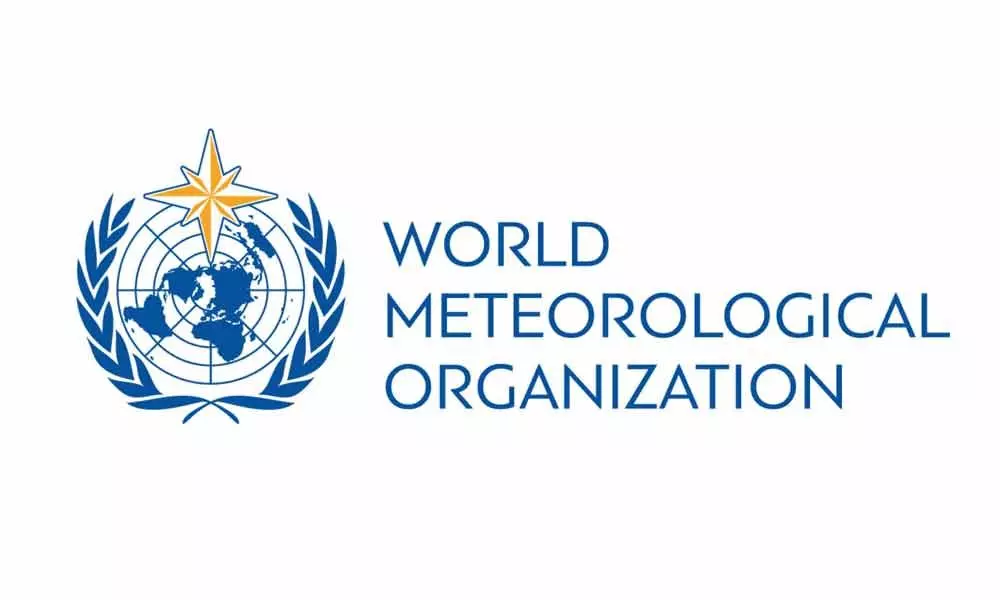By Asmau Ahmad
The coronavirus pandemic does not slow the relentless advance of climate change, according to the UN’s United in Science 2021 report.
Between January and July, global fossil fuel CO2 emissions in the power and industry sectors were already at the same level or higher in the same period in 2019, before the pandemic.
Overall emissions reductions in 2020, during the first COVID-19 wave, were a “brief lapse” the World Meteorological Organisation (WMO), the Intergovernmental Panel on Climate Change (IPCC) and other organisations said on Thursday.
The pandemic-related slump was widely accompanied by calls to rebuild the global economy in a more sustainable way.
“This report shows that so far in 2021, we are not going in the right direction,” WMO Secretary-General, Petteri Taalas said.
So far this year, CO2 emissions from road traffic had been below the levels before the pandemic outbreak.
However, concentrations of the major greenhouse gases that contributed to global warming continued to increase in 2020, and the first half of 2021, according to the report.
“We are still significantly off-schedule to meet the goals of the Paris Agreement,” UN Secretary-General, Antonio Guterres said with regard to the efforts to keep the global temperature rise well below two degrees Celsius.
According to UN figures, the global average, mean surface temperature for the period from 2017 to 2021 is among the warmest on record, estimated at 1.06 degrees Celsius to 1.26 degrees Celsius above pre-industrial (1850–1900) levels.
By 2025, the value could climb up to 1.8 degrees, even if climate targets were met, sea levels could rise between 0.3 and 3.1 metres by 2300.
COVID crises highlight strengths of democratic systems, says Guterres
The UN Secretary-General, on Wednesday, urged the world to “learn from the lessons of the past 18 months, to strengthen democratic resilience in the face of future crises.”
In his message for the International Day of Democracy, António Guterres explained in the wake of COVID-19, this meant identifying good governance practices that can counter all kinds of emergencies, whether public health, environmental or financial.
“It means addressing the egregious global injustices laid bare by the crisis, from pervasive gender inequalities and inadequate health systems to unequal access to vaccines, education, the internet and online services,” he said.
For the UN chief, along with the human toll carried by those most deprived, “these persistent historical inequalities are themselves threats to democracy.”
The Secretary-General argues that strengthening democracy also means embracing participation in decision-making, including peaceful protests, and giving a voice to people and communities that have traditionally been excluded.
“The silencing of women, religious and ethnic minorities, indigenous communities, people with disabilities, human rights defenders and journalists is an impediment to creating healthy societies,” Mr. Guterres said.
For him, “democracy simply cannot survive, let alone flourish, in the absence of civic space.”
In his message, António Guterres also stresses the importance of phasing out emergency powers and legal measures by governments, which in some cases have become repressive and contravene human rights law.
He explains that some States and security sector institutions rely on emergency powers because they offer shortcuts, but cautions that, with time, “such powers can seep into legal frameworks and become permanent, undermining the rule of law and consuming the fundamental freedoms and human rights that serve as a bedrock for democracy.”
At the height of the COVID-19 pandemic, the Secretary-General warned that “every crisis poses a threat to democracy, because the rights of the people, in particular those most vulnerable, are all too quickly ignored.”
It is for that reason that protection of rights in times of crisis is a key element of his Call to Action for Human Rights, issued in February of last year.
As the world starts to look beyond the pandemic, Mr Guterres called on the international community to “commit to safeguarding the principles of equality, participation and solidarity”, so that it can better weather the storm of future crises.




